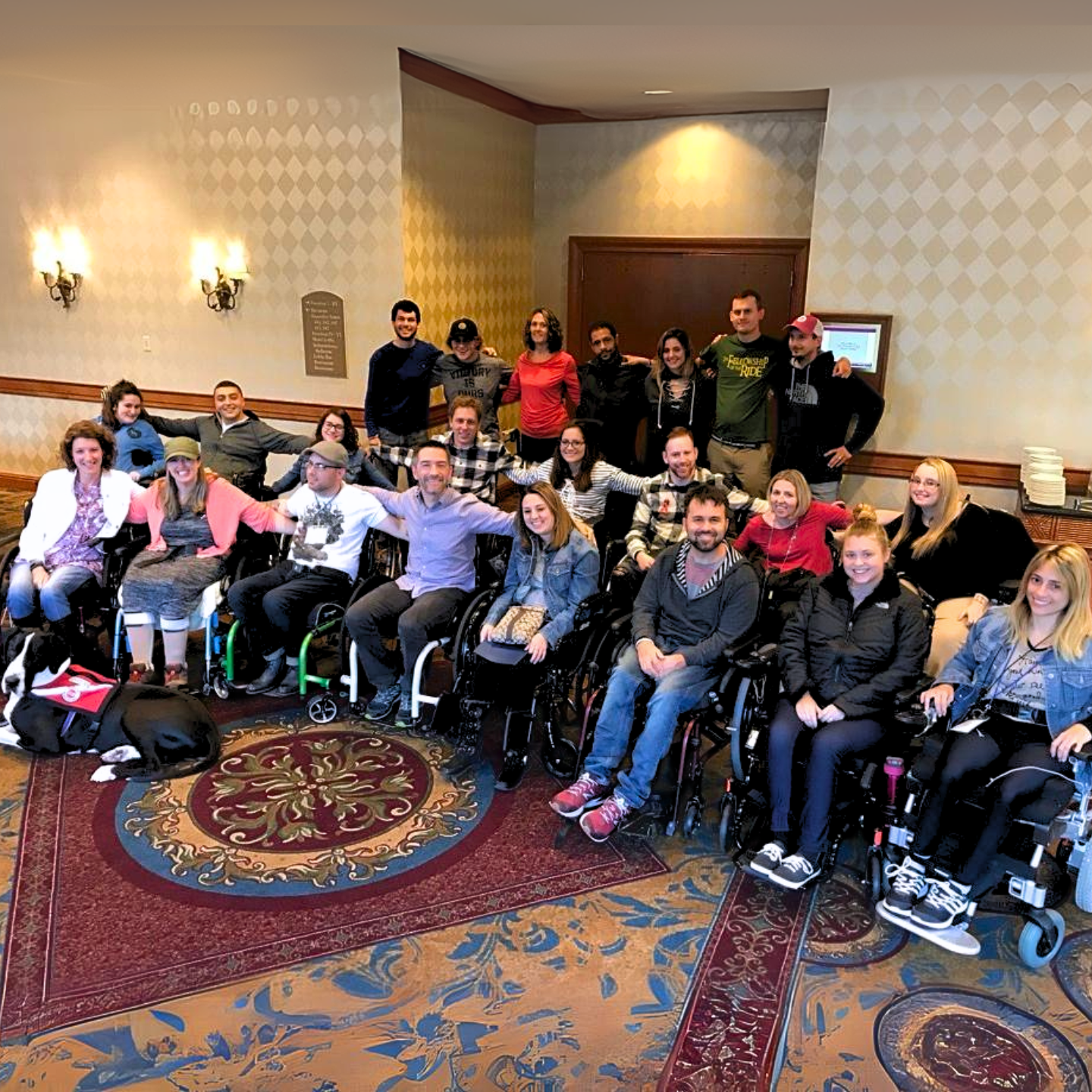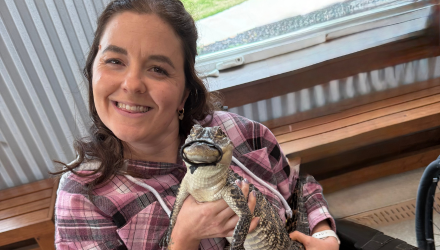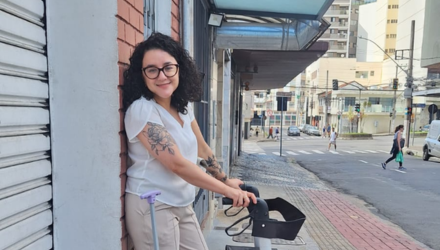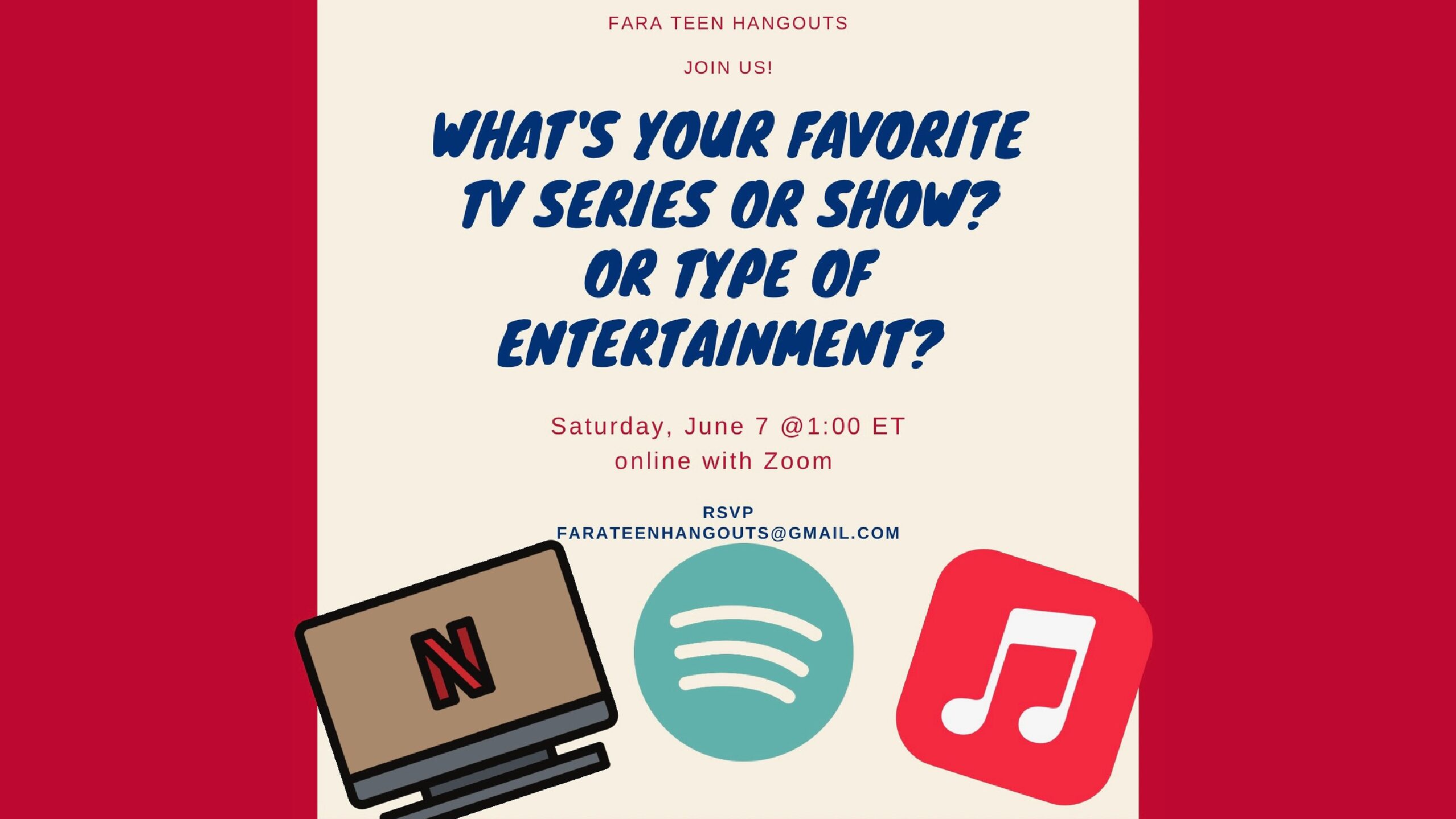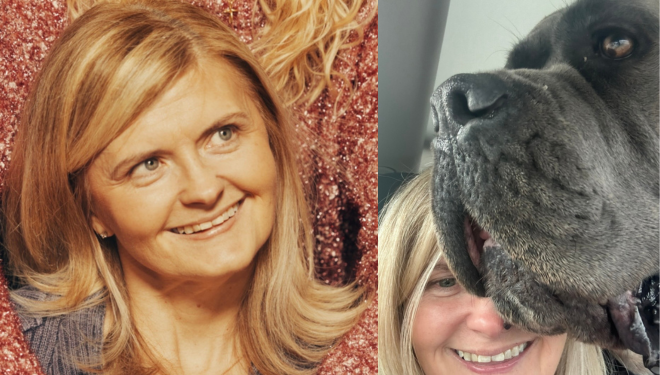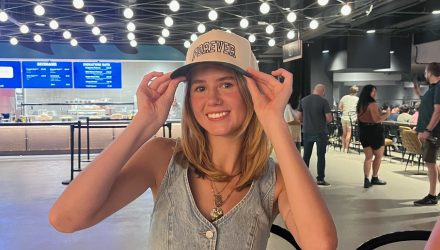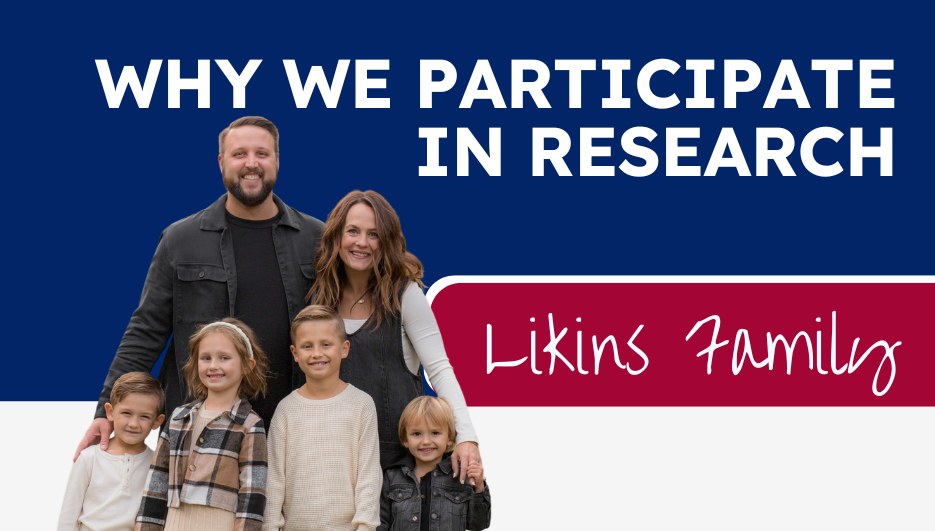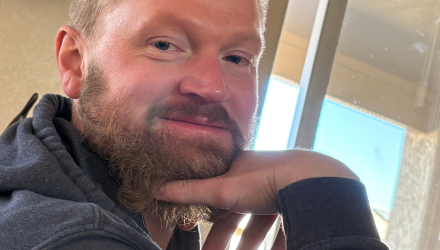The FARA Ambassador Program is a volunteer service team within FARA consisting of individuals living with FA ages 16 and older.
FARA Ambassadors are individuals with FA who bridge the gap between research, patient care, and awareness of Friedreich’s ataxia. Ambassadors are passionate about building and upholding relationships within the FA community. FARA Ambassador is more than a label. An ambassador is an active and visible participant in the FA community whose stories appear online and in the media.
Together, they stay informed about the FA Drug Development Pipeline to be better prepared to represent the FA community when opportunities arise to educate the medical community and potential donors. They meet with scientific groups, pharmaceutical industry partners, and the Food and Drug Administration (FDA) to promote awareness of the patient perspective of living with FA. As an indispensable component of the FA community, the FARA Ambassador Program advances FARA’s mission toward treatments and a cure for FA.
FARA Ambassadors are active members of the community.

